Nvidia RTX 5090 eBay Price Hits $9,000 Amid User Protests Using Framed Photos to Outsmart Bots
The much-anticipated RTX 5090 and 5080 GPUs from Nvidia hit the market yesterday, sparking a frenzy among tech enthusiasts and professionals alike. These high-performance, yet high-priced, graphics cards have quickly become a hot commodity, selling out at most retail outlets and leaving many eager buyers disappointed.
The scarcity of these GPUs has led to rampant scalping, particularly with the RTX 5090. On resale platforms like eBay, these cards are being flipped for exorbitant prices. Shortly after their release, RTX 5090s were being sold for over $6,000, and prices have since escalated to a staggering peak of $9,000—a 350% markup from the manufacturer's suggested retail price (MSRP) of $1,999.
So, why are people willing to pay such a premium for these GPUs? The RTX 5090 is not only a powerhouse for gaming but also excels in handling AI workloads. This makes it an attractive option for startups and businesses in the AI sector looking to run models locally. With Nvidia's datacenter GPUs often out of reach for many, the RTX 5090 emerges as the next best alternative, despite its inflated aftermarket prices.
Nvidia GeForce RTX 5090 – Photos
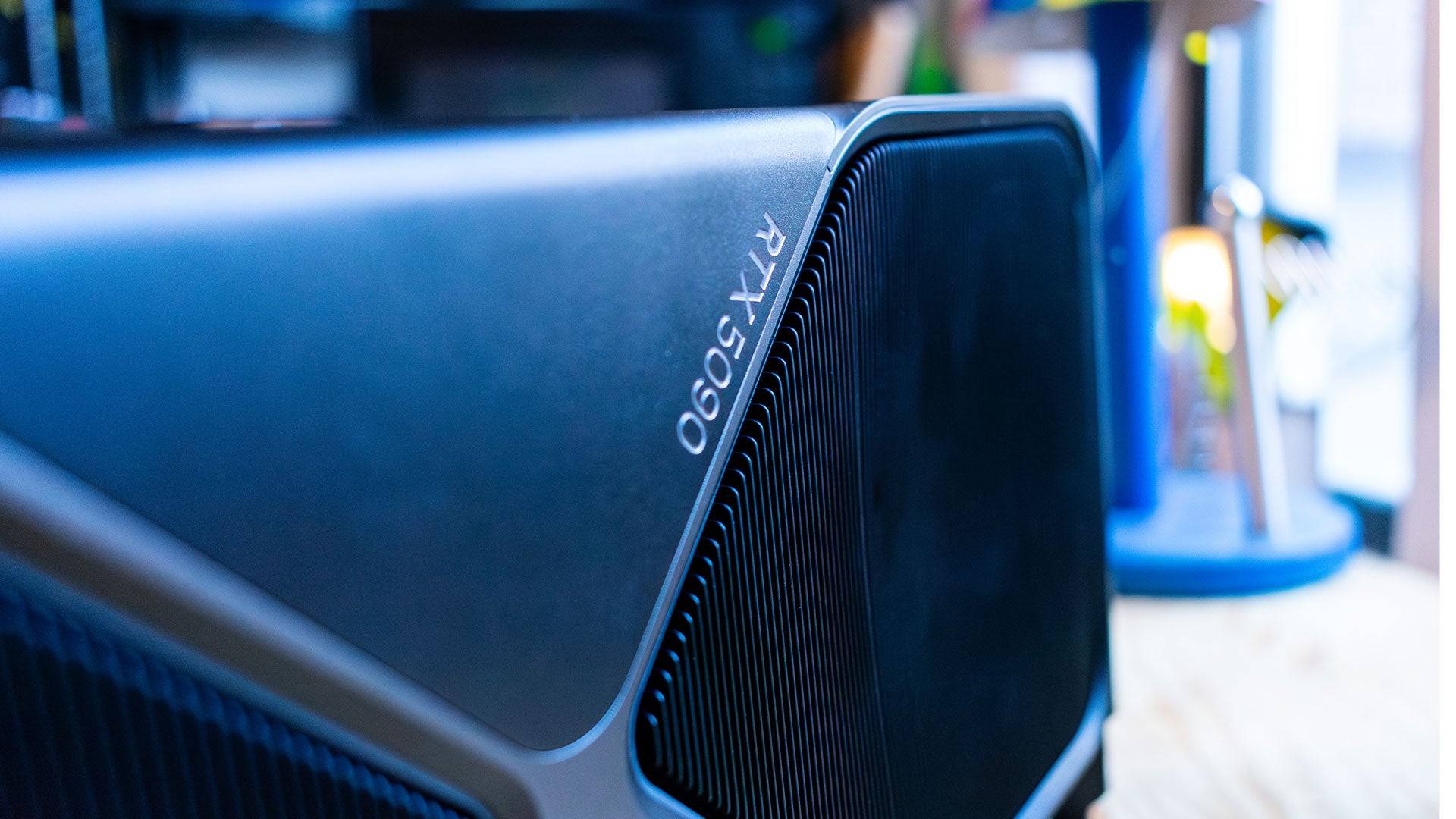
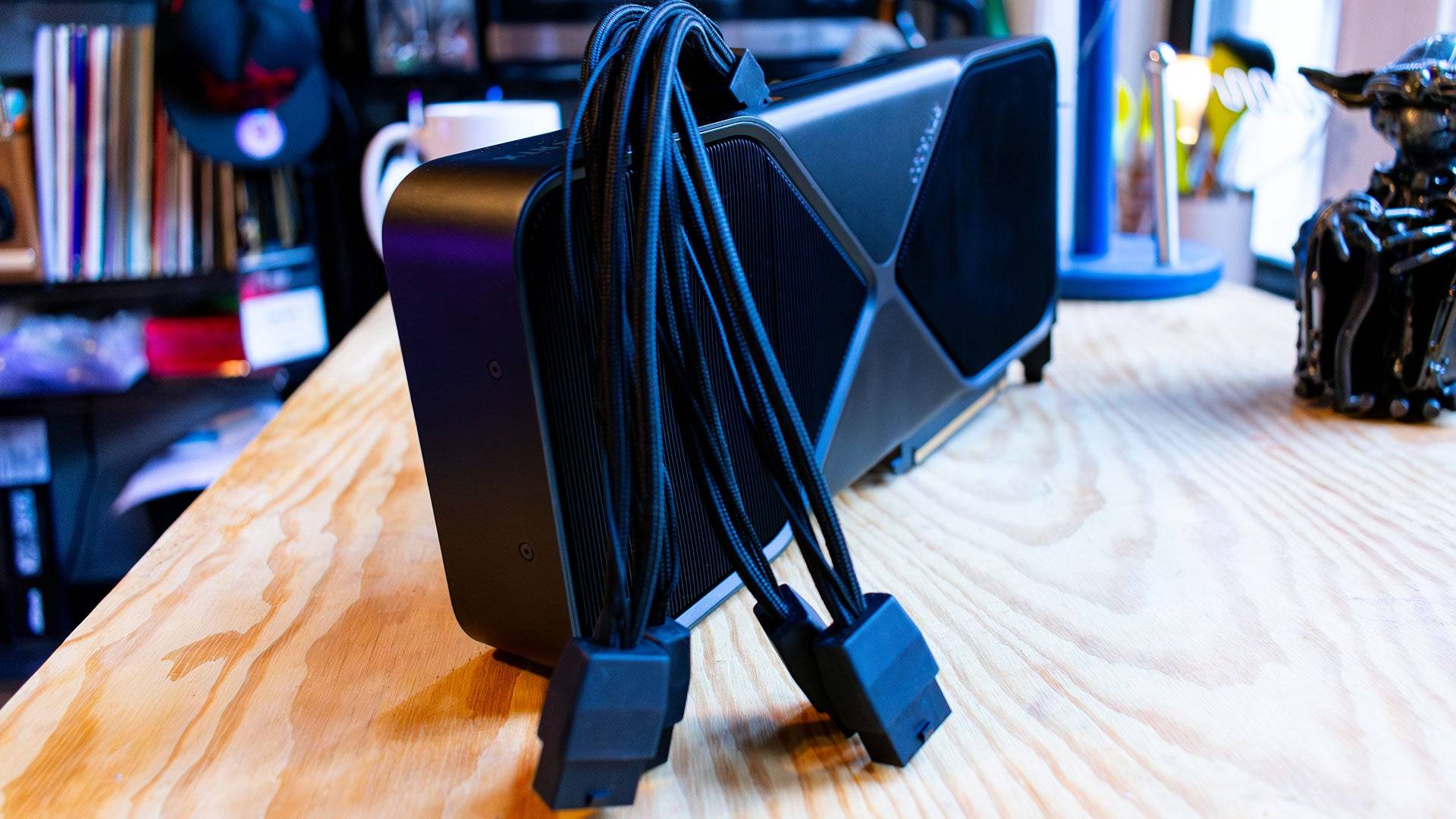 5 Images
5 Images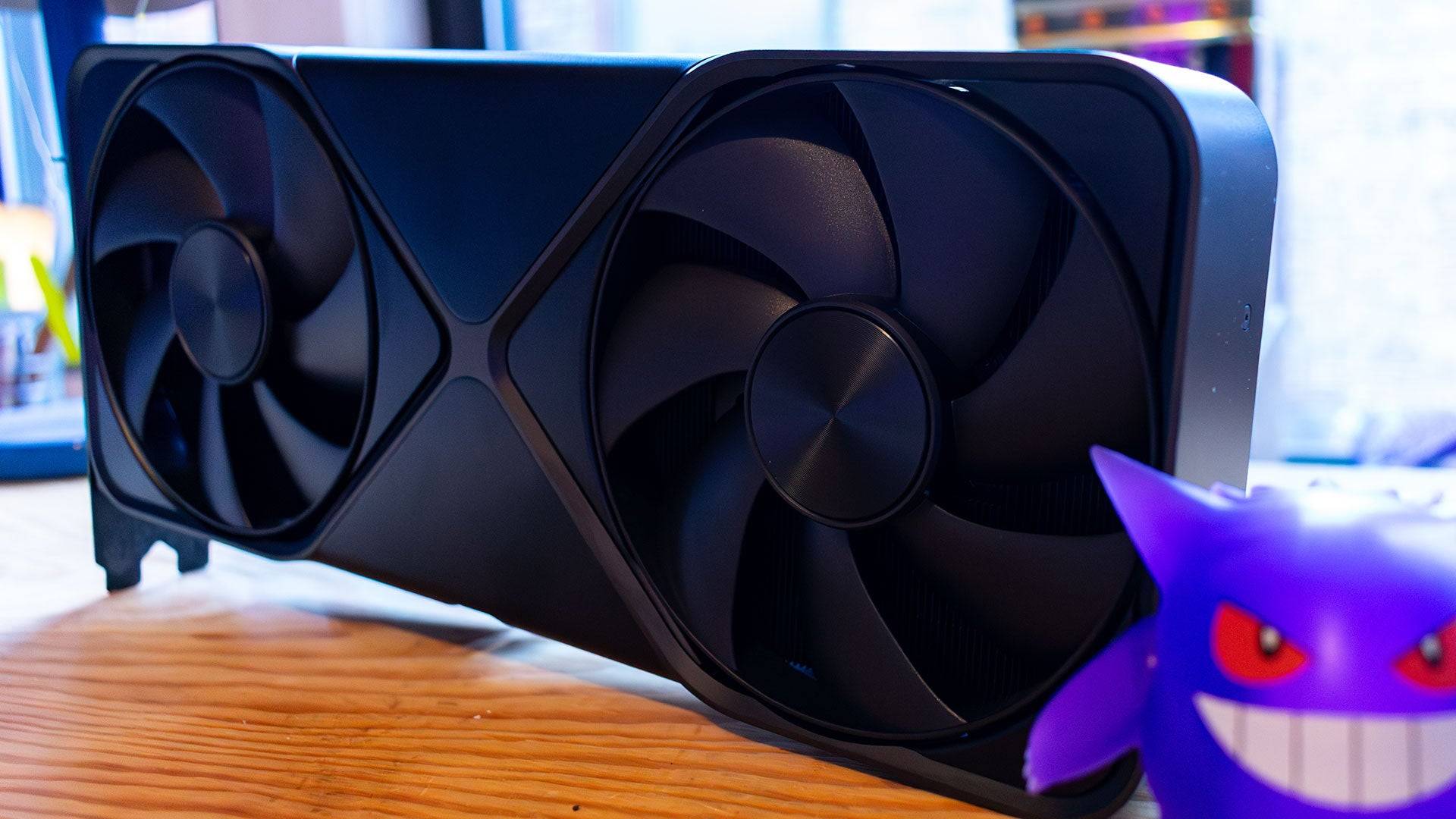
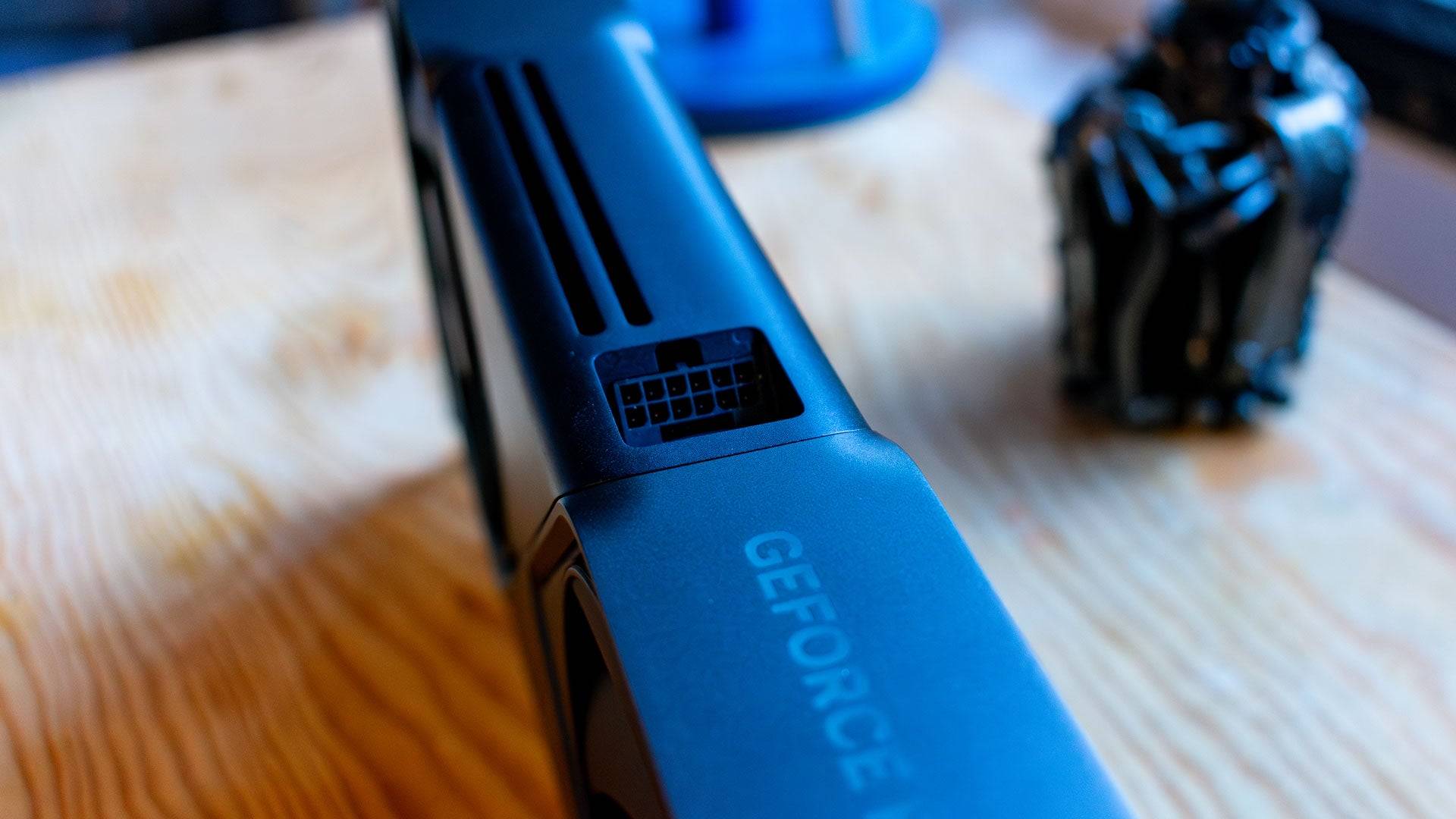
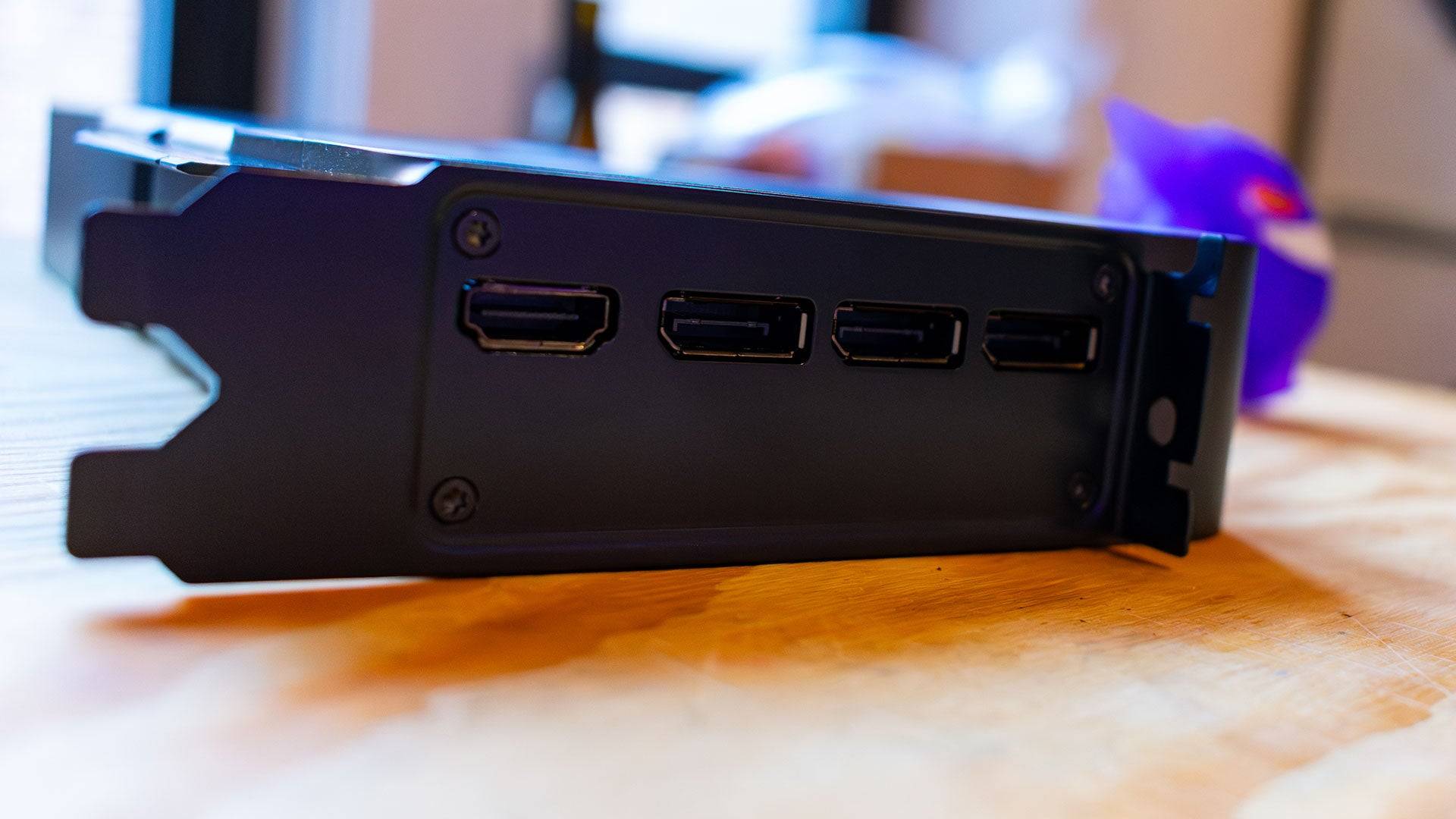
However, the gaming community is not sitting idly by amidst this supply shortage and scalping. On eBay, there's a surge of deceptive listings aimed at tricking buyers into purchasing images of the RTX 5090 rather than the actual card. One such listing humorously warns, "Bots and scalpers welcome, do not buy if you are a human, you will be getting a framed photo of the 5090, you will not receive the 5090. The photo dimensions are 8 inches by 8 inches, I got the frame from Target. DO NOT BUY IF YOU’RE A HUMAN.” Another sold listing for $2,457 clearly states, “Geforce RTX 5090 (read description) Picture Only - Not the Actual Item,” with a no-refund policy for the image, which is not the RTX 5090 itself.
The underlying problem stems from the lack of competition in the high-end consumer GPU market. With AMD’s RX 9070 series unlikely to challenge Nvidia's dominance in performance, and Intel trailing behind, Nvidia holds a commanding position. The combination of card shortages and sky-high prices presents a challenging landscape for high-end PC builders and enthusiasts.
-
Animal Jam is an engaging mobile game designed for children that combines fun and educational elements. In the game, players select and personalize an animal avatar, explore a vibrant world, interact with other players, and enjoy various mini-games. A standout feature of Animal Jam is its educationaAuthor : Penelope Mar 31,2025
-
Exciting news for fans of Tencent's blockbuster MOBA, Honor of Kings! The much-anticipated open-world RPG spin-off, Honor of Kings: World, has officially been given the green light by Chinese regulators. Included in the first batch of game approvals for 2025, this development means that the game isAuthor : Harper Mar 31,2025
- Hitman Devs' "Project Fantasy" Hopes to Redefine Online RPGs
- The Elder Scrolls: Castles Now Available on Mobile
- Minecraft's 'In Your World' Mod: A Chilling Update
- Resident Evil Creator Wants Cult Classic, Killer7, to Get a Sequel By Suda51
- Deadlock Characters | New Heroes, Skills, Weapons, and Story
- Fortnite Update: Mysterious Mythic Item Teased in Latest Leak





















![[777Real]スマスロモンキーターンⅤ](https://images.0516f.com/uploads/70/17347837276766b2efc9dbb.webp)

